This volume is comprised of forty-one well researched and illustrated papers on Cult of the Goddess. It tries to trace the origin and trajectory of the divine feminine force in art and culture for over a period of five millennia, which is a great achievement in itself. While exploring the living tradition of the Great Goddess, the book offers unique insight to the psyche of India and the Greater India.
In the multifaceted goddess cult, the goddess takes diverse forms in her role as a destroyer of demonic forces and a donor of boons to her devotees. The goddess is also the divine consort, creator of the universe, source of progeny, prosperity and immortality. In her numerous roles the goddess maintains the equilibrium and sanctity of the universe. In mythology, the Mother Goddess is worshipped as the earth, fish, snake, tree or the forest.
The book delves deep into the imagination and religious lives of the people to understand the meaning of rituals, philosophy and metaphysics. The enduring appeal of the goddess in folk traditions and in classic literary sources is discussed from various points of view. The span and the depth of research encompassing the goddess include the shifting changes in the present era and finds her manifestations in Bonabibi, Kadamkottu Makkam and Manushi Swaccha Narayani, in addition to the well-known concept of Parashakti, Lakshmi, Sarasvati, Durga, Mahishasuramardini, Prajnaparamita, Hathor, Isis and Mother Mary.
This richly illustrated volume on Cult of the Goddess is a rare and priceless collection for art historians, researchers, students, and others interested in art, culture and religion.

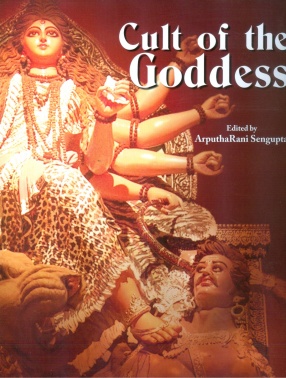
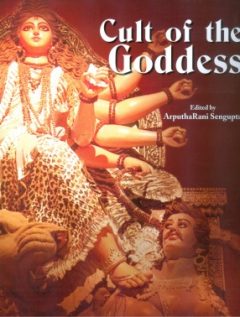
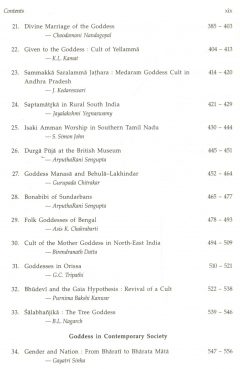
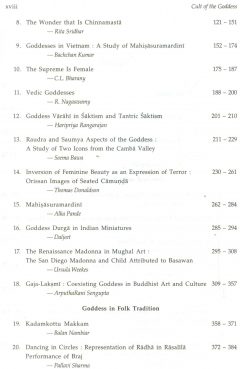
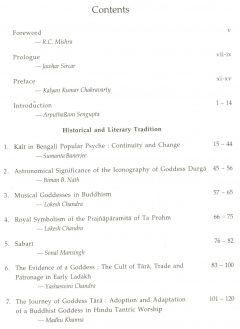
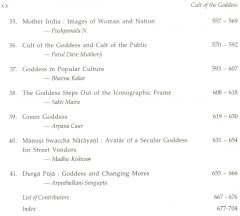
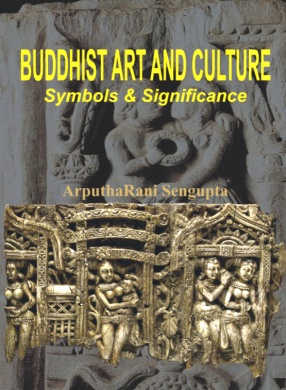
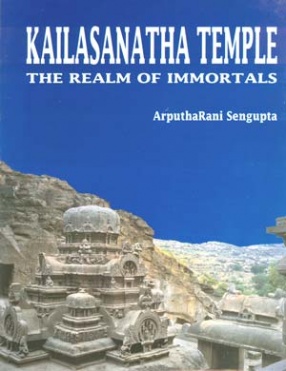
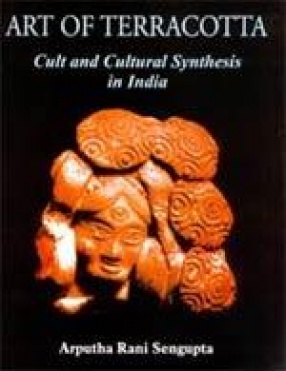
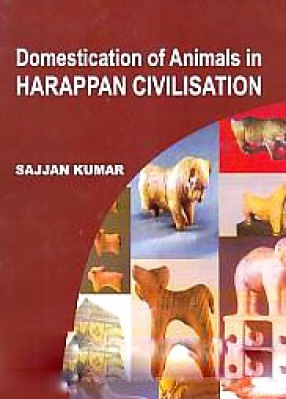
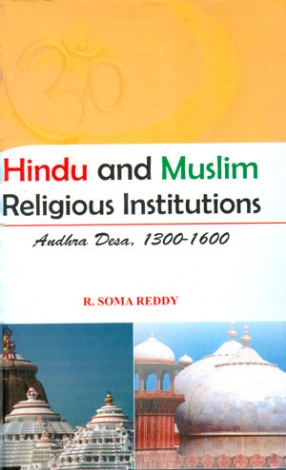

There are no reviews yet.